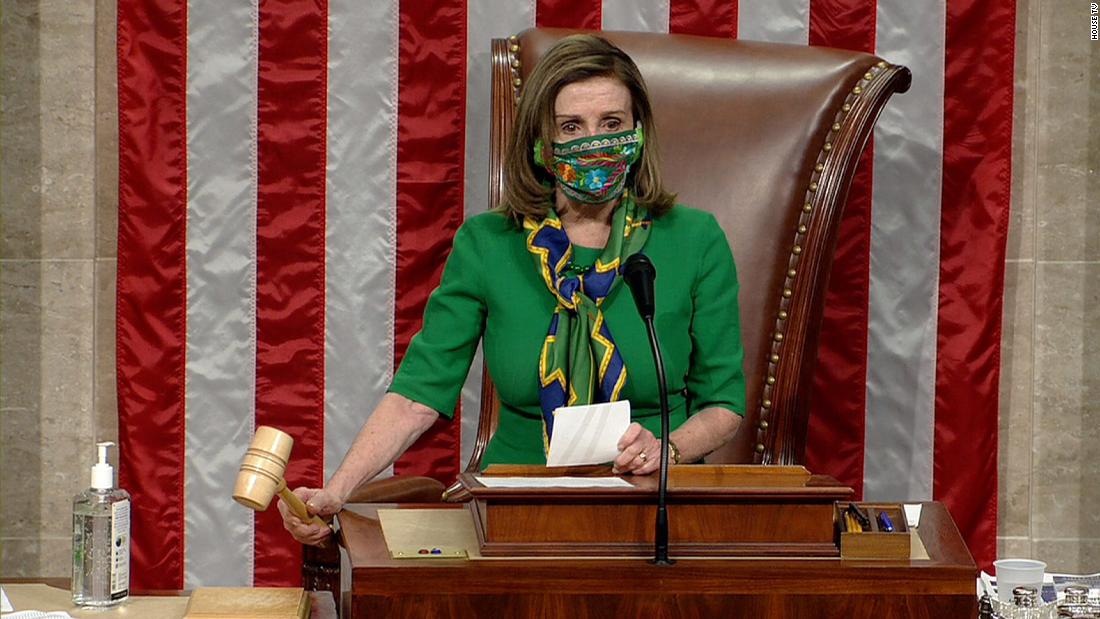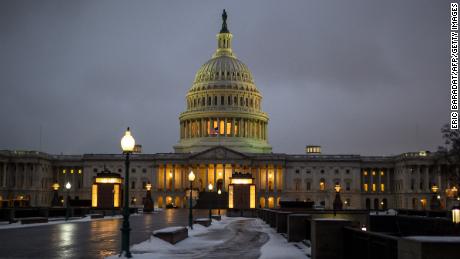The legislation is a major step in easing some of the pain caused by the pandemic. It next goes to the Senate.
Now that the bill has passed the House it will next go to the Senate.
Making the effort more complicated, the Senate is expected to strip out a provision in the legislation increasing the federal minimum wage after the Senate parliamentarian ruled against including it under the procedure known as reconciliation, which Senate Democrats are using to pass the bill with a simple majority vote. The bill would then have to go back to the House for a separate vote before it could go to Biden to be signed into law.
Biden on Saturday will deliver remarks praising the House for passing the bill as an important first step and double down on the importance of now passing it out of the Senate, according to a White House official.
It had been expected to pass on a party-line vote as House Republicans urged their members to vote against the package and worked to limit defections.
Republicans have argued that the legislation overreaches and serves as a liberal wish list of agenda items and complain that they have been locked out of the process for crafting the measure. Democrats counter that they are willing to work with Republicans, but will not water down the plan and say they have a mandate to take sweeping action to address the pandemic now that they control Congress and the White House.
House Speaker Nancy Pelosi had a narrow margin to pass the bill, but many members across the ideological spectrum did not have an appetite to torpedo the new administration’s first major piece of legislation.
Golden said in a statement Saturday that he voted against the bill because he “won’t support trillions more in funding that is poorly targeted or in many cases not necessary at this moment in time.” He expressed concern over individual provisions like extending the child tax credit, arguing that the policies should be considered under regular order but don’t belong in an emergency spending bill, and about the “compounding effect of the spending decisions of the past year.”
Pelosi insisted at a press conference Friday evening ahead of the vote that the House will pass the wage increase, regardless of what happens in the Senate.
“As a matter of practice, I don’t get involved in the rules of the United States Senate,” Pelosi said, adding, “But as a matter of values, I can just say, we will not rest until we pass the $15 minimum wage … If it doesn’t prevail because of Senate rules we will persist. But we will not stop until we very soon pass the $15 minimum wage.”
This story has been updated with additional developments Saturday.
CNN’s Jasmine Wright, Daniella Diaz and Veronica Stracqualursi contributed to this report.
![]()




